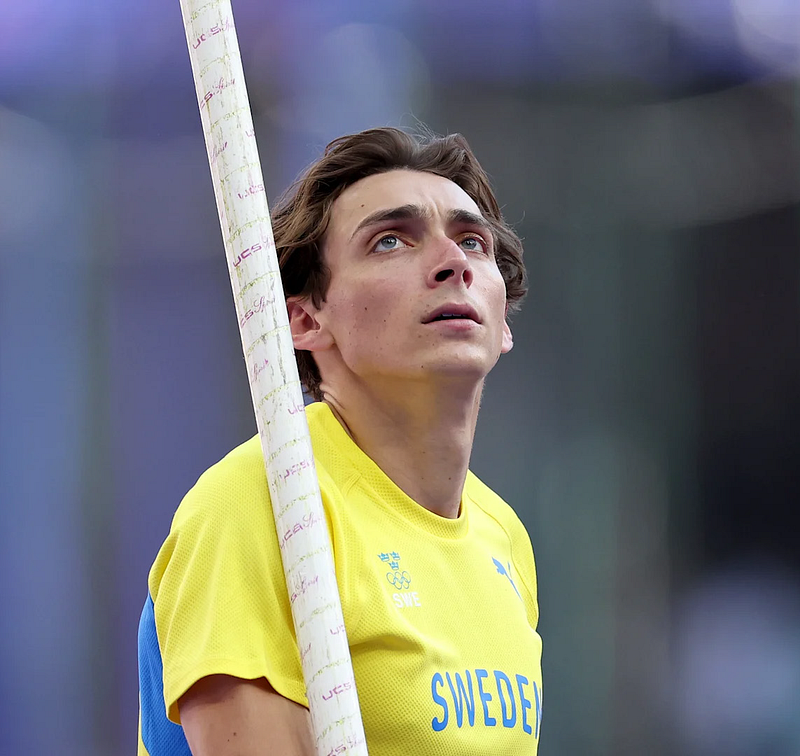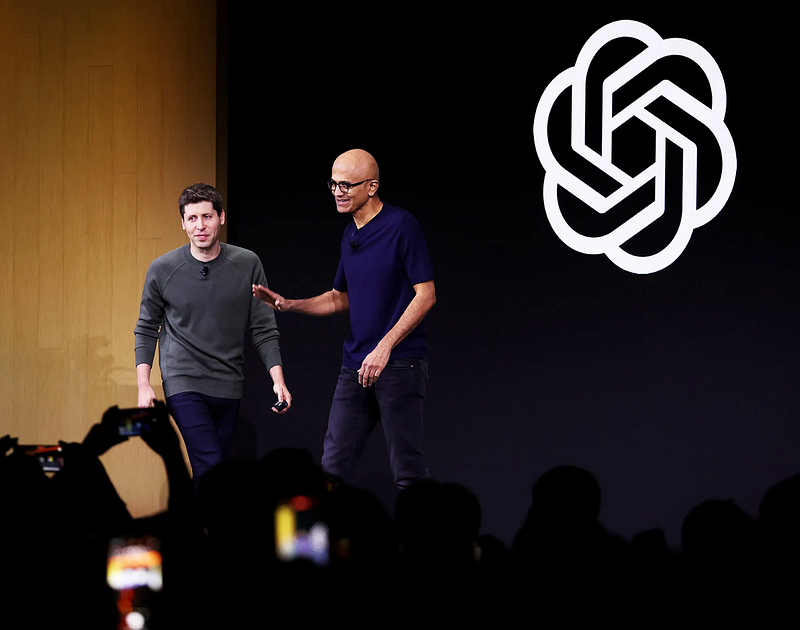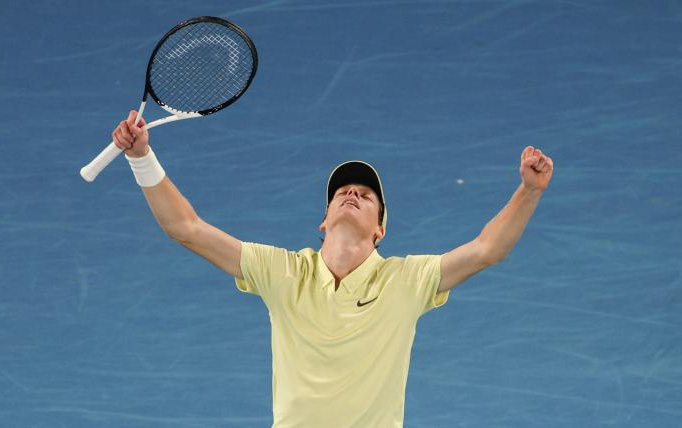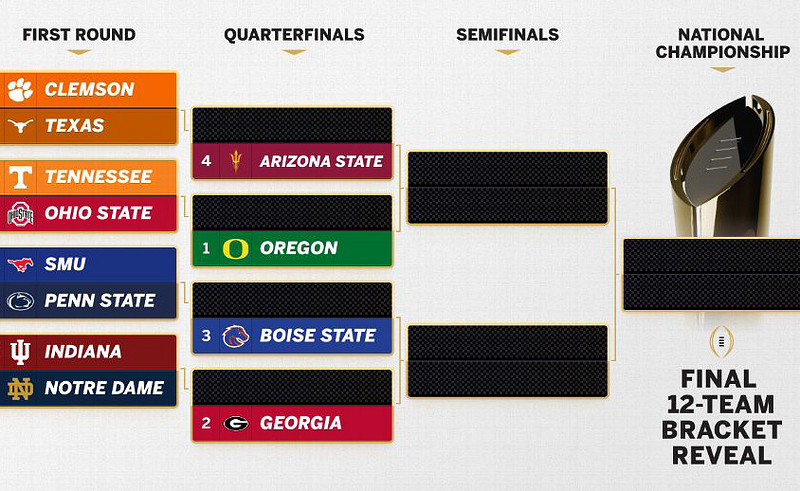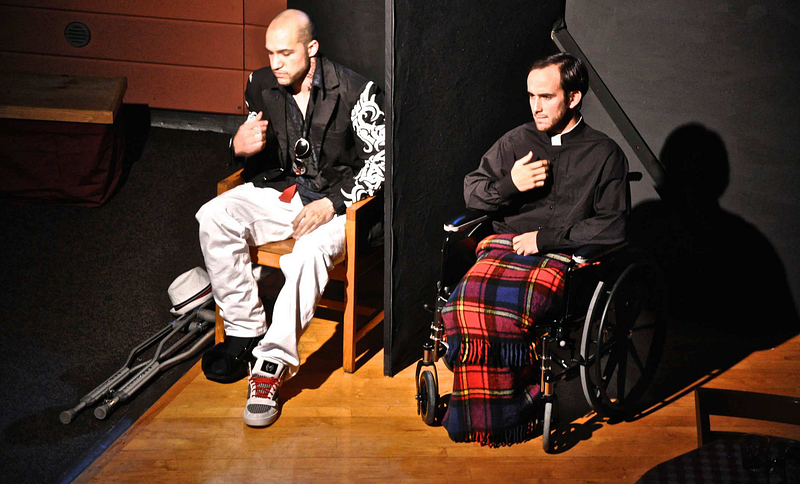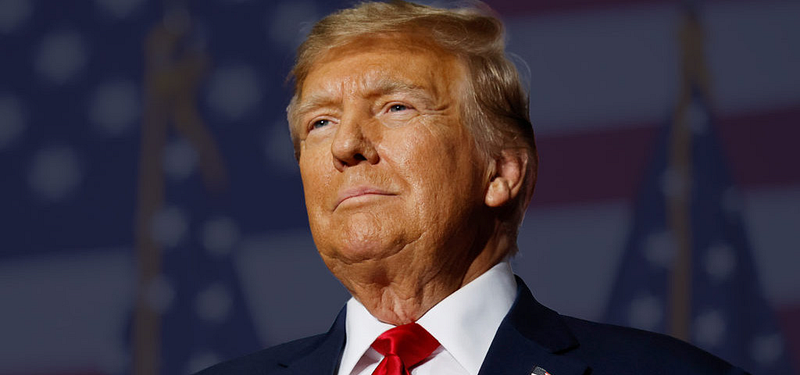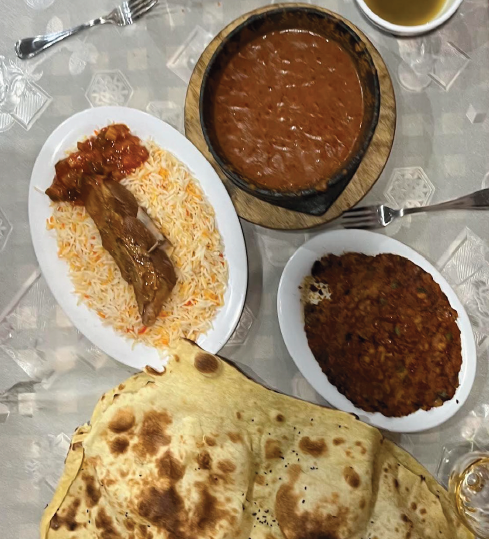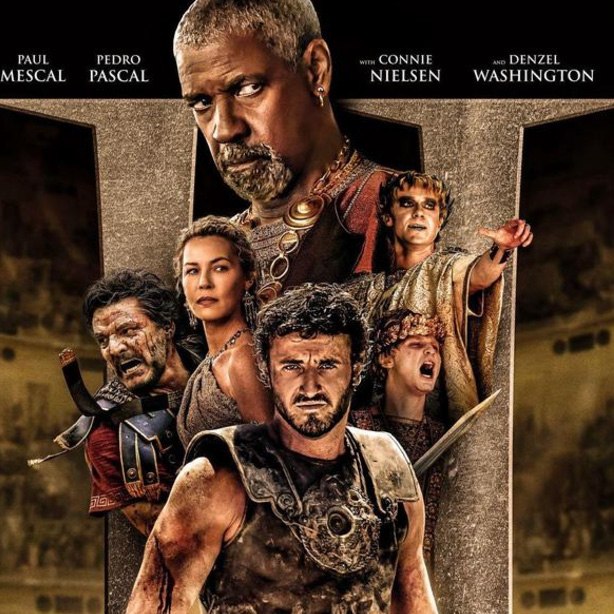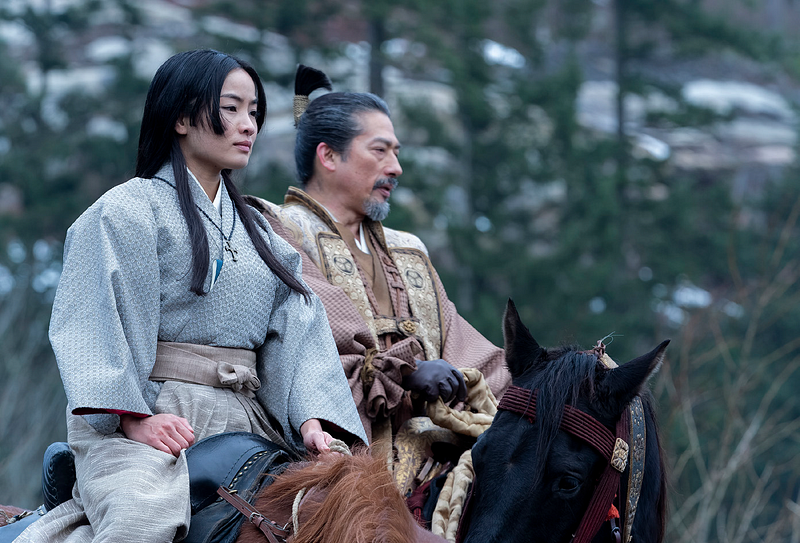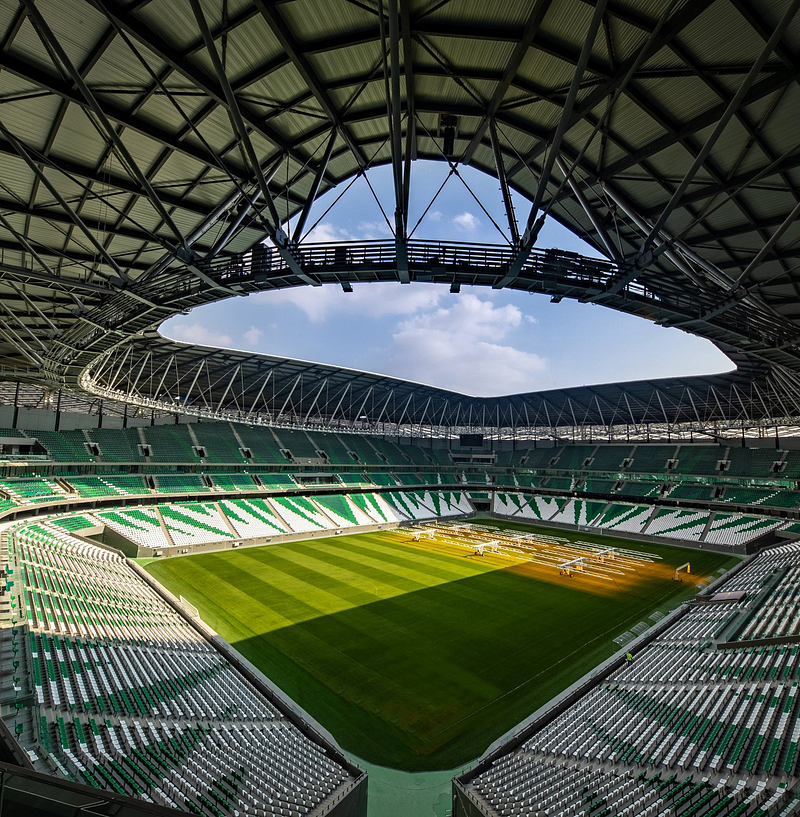
During the summer of 2024, the 33rd Olympic Games of the modern era took place in Paris, France. This event is considered one of the world’s foremost sporting competitions, representing athletes all around the world who compete in 43 different events.
In 1894, the IOC, short for International Olympic Committee, was founded to revive the historical Olympics; the first Games took place in Athens in 1896. Throughout the sporting events history, the IOC has decided to not offer direct prize money for medals. For this last Olympic Games, however, track and field athletes will receive prize money for gold medals. In a surprise announcement in April this year, World Athletics became the first international sports governing body to award athletes prize money. Athletes who win a gold medal in any of the track and field competitions will receive prize money of $50,000. This decision is a pivotal stepping stone towards the recognition towards the athletes’ hard work and dedication to compete in the glorious Olympics. Besides, this decision represents something larger than the mere money: it represents a step towards inclusivity and a level playing field, which is what sports are dependent upon.
As World Athletics president Sebastian Coe explained, this decision is critical for the sport “as a whole, underscoring our commitment to empowering the athletes and recognizing the critical role they play in the success of any Olympic games.” Coe further went on to explain that it is complicated to put a dollar amount on a gold medal; however, it begins to make sure that the revenue that athletes generate goes back to the actual athletes.
In recent years, unfathomable amounts of money have been invested into sports around the world. Governments, companies and other organizations see sports such as soccer as tools to achieve their own interests. At the most recent World Cup, held in Qatar, the concept of sportswashing was shown in full scale. The scale of the tournament overshadowed the use of migrant workers and other unethical conduct on the part of the organizations in charge of the World Cup. In recent years, multiple soccer players have left their clubs for the lucrative contracts being offered in countries such as Saudi Arabia to achieve the same effect.
The Olympics, in many ways, started off as the opposite of something driven by money. The Games originated as an amateur competition intended to champion athletic success by their spirit of the sport. One might therefore argue that giving prize money to athletes that win medals will stifle that original founding spirit of the games. Furthermore, the Olympics has long taken pride in being a sporting competition where every elite athlete battles for nothing but the joy of winning for their country. While this ideal of competition is compelling — with athletes focused on victory instead of money — it is far away from the reality of the world.
The word ‘amateurism’ appears nowhere in the 112 pages of the Olympic Charter today. The ideal of amateurism, as Victor Mather in The New York Times writes, was instead a concept born in the 19th century to conveniently keep out working-class athletes who could not afford to skip work. Thus, this idea of having amateurs compete as a way to increase the spirit of competition is far from true, which is why the notion of amateurism has crumbled in the Olympics over the last decade as professional athletes have been allowed to compete.
The decision to offer prize money for Olympians that win is a stepping stone for inclusivity. Naturally, the Olympics needs to move away from its founding elitism and towards what sports is all about: a level playing field. Providing prize money for Olympic athletes is the crucial next step to further make the Olympics better.
